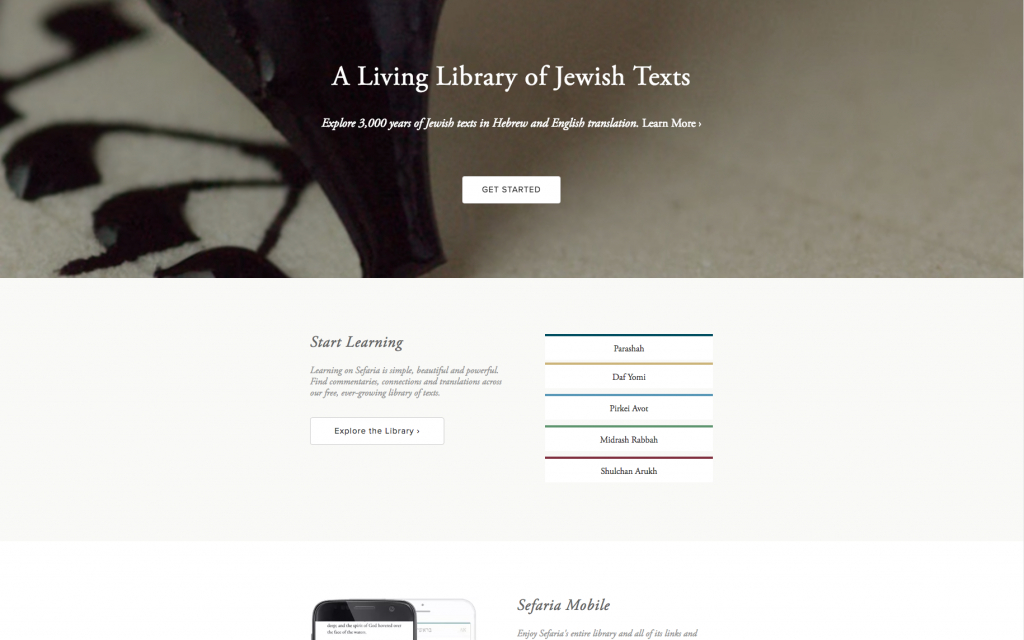Funders Focus on Arts to Preserve Culture
There is an urgency to fund the arts within the Jewish community
Georgette Bennett, the co-chair of the Jewish Funders Network, stood in front of a packed room and began to speak. Everyone expected her to talk about the changes in the Jewish landscape, but instead she spoke about the arts.
“The history of the Jewish people and arts and culture have always been linked,” Bennett said.
She talked about creating social change through the arts, which receive 4 percent of Israel’s budget, an amount she hopes will increase.
Get The AJT Newsletter by email and never miss our top stories Free Sign Up
She touted Israel’s Polyphony ensemble as an example of how the arts can help transform society. The Jewish-Arab music program promotes unity through performance.
Mais Hriesh, an Arab flutist from Nazareth, said the program has been influential in Jewish-Arab relations among young people.
“To be playing music in Jerusalem, the most beautiful city in the world and the site of conflict, to be there and see the kind of audience that was there, both Jews and Arabs, was a one-of-a-kind experience,” Hriesh said.
Hriesh, a senior at Bard College double-majoring in music and human rights, performed several classical pieces before being interviewed by Aviad Meitar of the Zvi and Ofra Meitar Family Fund. She said music is an agent of change, and she has seen it bring people together. “Music isn’t going to solve the Arab-Israeli conflict, but it is the first step in getting to know each other. I think with music it’s very powerful and personal. You’re very much exposed.”
The arts also were the focus of a JFN session called “The Urgency of Jewish Culture: Preserving Our Past, Ensuring Our Future,” which focused on investments in technology to preserve and make accessible Jewish art and culture.
Lou Cove, the senior adviser of the Harold Grinspoon Foundation, said now is the time to have a conversation about arts because of the threat of federal budget cuts to the National Endowment for the Arts and PBS.
“We need to ask ourselves, ‘Is there an urgency, and does it require us to rethink how we’re investing?’ ” Cove said.
Brett Lockspeiser is the co-founder and chief technology officer of Sefaria.org, a database of 3,000 years of Jewish texts. The site is free and open to all.
“The focus is on educators, educators who can use our source-sheet builder,” Lockspeiser said. “Face-to-face interaction is where the importance of Jewish text is coming up.”
When Jews are debating Torah or learning Torah in the classroom, Sefaria is a tool that can be accessed anywhere. Lockspeiser said the texts convey Jewish culture.
Preserving texts as artifacts is the mission of the Yiddish Book Center. The organization rescues and collects Yiddish books that don’t have homes, said Christa Whitney, the director of the Wexler Oral History Project at the Yiddish Book Center, as the key to preserving a sidelined part of Jewish culture.
“Only 2 percent of Yiddish text has been translated in any language,” Whitney said. “The Holocaust took a third of Yiddish speakers, and the rise of Hebrew assimilation has had a big impact on the Yiddish language.”
The center produces audio books, archival recordings and videos.
Also discussed at the session were the Biblical Lands Museum in Jerusalem and PJ Library, a Grinspoon Foundation-created program that distributes Jewish children’s books to families in Atlanta and throughout the world.
A key part of creating spaces to preserve the past is designing them with aesthetic appeal. Many JFN attendees commented on the beauty and sleekness of Sefaria.org. Lockspeiser attributes the popularity of the website in part to the design.
“I’m trying to create an experience people would want to be in,” he said.





comments